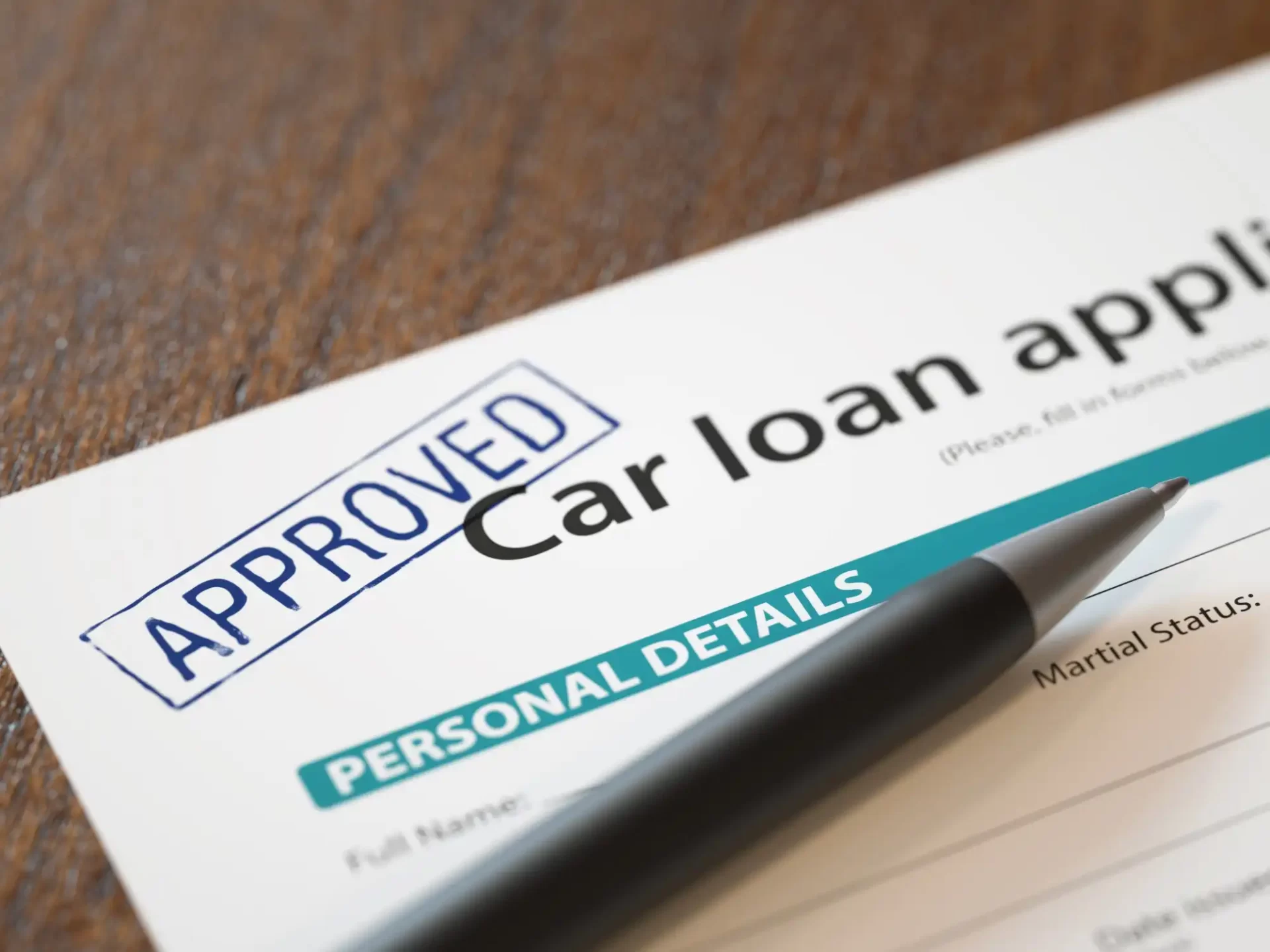Did you know that the average American household owns at least two cars? With the increasing demand for transportation, it’s no surprise that owning a car has become a necessity for many families.
However, not everyone has the financial means to buy a car outright. This is where in-house financing comes into play. It allows customers to obtain funding directly from the dealership.
While this may seem like a convenient option, there are pros and cons to consider before making a decision. Read on as we explore the pros and cons of the car in-house financing to help you determine if it is the right option for you.
Pros
In-house financing can be a game-changer for many prospective car owners. They offer a straightforward path to car ownership. Here are some of its advantages before making your decision.
Convenience
One of the biggest perks of in-house financing is convenience. It allows customers to obtain financing directly from the dealership where they purchase their car. This means you won’t have to go through the hassle of applying for a loan from a bank or other financial institution.
To help you find a dealership that offers in-house financing, check out Hyundai of San Bruno. They have a wide selection of new and used cars with financing options.
Easier Approval
Another advantage of in-house financing is that it can be easier to get approval than traditional lenders. This is because dealerships are often more lenient with their credit requirements since they have a vested interest in selling the car.
They may be willing to overlook certain credit issues or offer more flexible repayment options. This makes it possible for those with less-than-perfect credit to obtain financing.
Negotiable Terms
In in-house financing, the dealership acts as the bank, providing flexibility in setting the loan terms. The dealer endorses the loan terms and can adjust the interest rate, length of the loan, or the size of the down payment.
For instance, you may be able to extend the duration of your loan, leading to lower monthly payments. Moreover, the dealer may also work with you on the down payment, allowing you to pay in installments rather than a lump sum.
This negotiation can be especially beneficial if you’re facing financial challenges. However, it’s important to note that while these terms may seem easier upfront, they may result in paying more over the life of the loan. Always get all negotiated terms in writing to validate any verbal agreements.
Improved Credit Score
In-house financing can serve as a stepping stone in improving your credit score. Regular, timely payments towards your car loan can positively impact your credit history.
It’s vital to remember, however, that the opposite is also true. Late or missed payments can harm your credit score, so it’s crucial to make payments on time.
One-stop Shopping
Finally, with in-house financing, the convenience extends beyond just the financial part. You can select a car, secure financing, and finalize the deal all in one place.
It eliminates the need to visit multiple locations, saving time and effort. From selecting the right vehicle to arranging the finances, it’s a one-stop solution for your car-buying needs.
Cons
As with any financial decision, there are also some potential downsides to consider regarding in-house car financing. Here are some of the cons you should keep in mind.
Higher Interest Rates
One of the main drawbacks of in-house financing is that interest rates can be higher than those traditional lenders offer. Car dealerships often have higher overhead costs and must profit from the financing. Before signing any agreements, it’s essential to carefully review the interest rates offered and compare them with other loan options.
Limited Car Selection
When you opt for in-house financing, your car selection may be limited to what the dealership has available. This means you may not have as many options to choose from compared to buying a car with a traditional loan, where you can shop around at different dealerships. If the dealership doesn’t have the specific make or model you are looking for, you may be forced to settle for something else or look elsewhere for financing.
Potential Hidden Fees
While in-house financing may seem like a straightforward option, there is always the potential for hidden fees. These can include administrative fees, processing fees, or even prepayment penalties.
Make sure to review all loan documents carefully and ask for clarification on any fees that you are unsure about. It’s always better to be informed upfront than be hit with unexpected fees later.
Possibility of Overpriced Cars
Another potential downside of in-house financing is the risk of overpriced vehicles. Dealerships might inflate the prices of their cars to make a higher profit, especially if they know the buyer has limited options due to poor credit. It’s essential to research car values and compare prices at different dealerships to ensure you’re getting a fair deal.
Potential for Negative Equity
In-house financing often includes longer loan terms, which can lead to negative equity. This is when you owe more on your car than it’s worth. Should you decide to sell or trade in the car, you might not get enough to pay off your loan.
The Risk of Repossession
In-house financing dealerships may be quicker to repossess a car if payments are missed or late. Some even install devices that disable the car if the payment is not received on time. Understand the dealership’s policies regarding late payments and repossession before agreeing to in-house financing.
Car In-house Financing: Weighing the Pros and Cons
Car in-house financing can be a convenient and accessible option for those looking to purchase a car. However, it’s essential to carefully consider the pros and cons before deciding.
If you value convenience and have less-than-perfect credit, in-house financing may be a good fit. But if you are concerned about higher interest rates or limited car selection, it may be best to explore other financing options. Remember, owning a car is a significant investment, so it’s essential to make an informed decision that suits your needs and budget.
If you enjoyed this article, tap into the information available on our website and fuel your decision-making process today.




